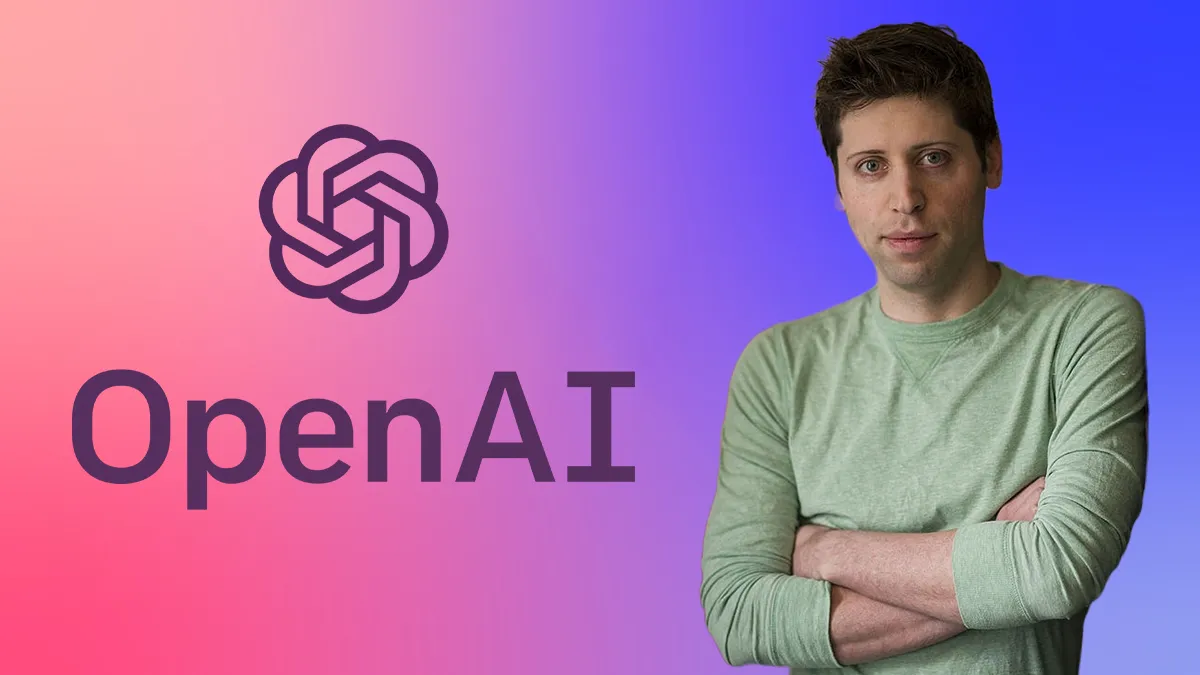Introduction
ChatGPT is a large language model (LLM) chatbot. It is trained on a massive dataset of text and code, and it can generate text, translate languages, write different kinds of creative content, and answer your questions in an informative way.
OpenAI, the pioneering artificial intelligence studio company responsible for groundbreaking language models like ChatGPT, is currently grappling with a complex confluence of challenges that could significantly impact its future.
While it has garnered immense attention and recognition for its innovative AI advancements, recent reports suggest that the company is facing a financial crisis, compounded by declining user engagement, intensified competition, and ethical considerations. This article delves into the various issues confronting OpenAI and explores potential paths forward for the organization.
The Costly Operation of ChatGPT
One of OpenAI’s flagship products, ChatGPT, has captured the imagination of users worldwide by simulating human-like conversations on a wide array of topics. However, this cutting-edge technology comes at a substantial cost.
Analytics India Magazine reports that OpenAI spends a staggering $700,000 per day to operate ChatGPT, which utilizes the powerful GPT language model.
Despite its impressive capabilities, the revenue generated from ChatGPT has proven insufficient to cover the astronomical operational costs, thus contributing to OpenAI’s financial challenges.
Declining User Base and Increased Competition
In recent months, OpenAI has faced the disheartening reality of a dwindling user base. According to data from SimilarWeb, the number of visitors to the ChatGPT website dropped by 12 percent in July 2023 compared to the previous month.
While this decline may not fully account for users accessing OpenAI’s APIs, which enable developers to integrate GPT models into their own applications, it still signals a potential shift in user preferences.
Additionally, OpenAI faces stiff competition from emerging open-source language models, such as LLaMA 2, which offer customization and adaptability that proprietary solutions may lack. These open alternatives present a challenge to OpenAI’s revenue generation efforts and could potentially erode its market share.
Read more: How ChatGPT made Nvidia $1T company
Ethical Concerns and Leadership Discord
OpenAI’s co-founder and CEO, Sam Altman, has been a vocal advocate for responsible AI development and regulation. Altman’s concerns over the unchecked proliferation of AI and its potential negative consequences have placed him at odds with the rest of the organization, which is keen on maximizing profits and innovation.
Altman’s emphasis on the ethical implications of AI aligns with a broader societal discourse on AI’s impact on employment, social structures, and ethical considerations.
The Conflict with Sam Altman’s Vision
The divergence between Altman’s ethical concerns and OpenAI’s profit-oriented approach has led to speculation about his role within the company.
Some observers suggest that Altman may be experiencing a “Frankenstein moment,” wherein he regrets his involvement in creating a technology that could have unintended and far-reaching consequences.
This internal discord further complicates OpenAI’s strategic direction and adds an additional layer of uncertainty to the organization’s future.
The Monetization Challenge
OpenAI’s attempts to monetize its advancements, including newer versions like GPT-3.5 and the upcoming GPT-4, have yet to yield the desired results. Despite securing a substantial investment from Microsoft and other venture capital firms, the company’s financial outlook remains uncertain.
OpenAI’s ambitious projections of achieving $200 million in annual revenue in 2023 and aiming for $1 billion in 2024 appear increasingly implausible given the mounting losses it has incurred.
A Potential Path Forward
As OpenAI navigates these complex challenges, it may need to consider alternative strategies to ensure its sustainability and profitability:
Strategic Partnerships: Collaborating with established tech giants or conglomerates through acquisitions or partnerships could inject much-needed resources and expertise into OpenAI’s operations.
Ethics-First Approach: OpenAI could double down on its commitment to ethical AI development and promote responsible usage. This approach may resonate with a segment of users who prioritize ethical considerations over proprietary solutions.
Diversification: Exploring new applications and markets for its AI models beyond language processing, such as healthcare, finance, or creative industries, could open up revenue streams and mitigate risks associated with declining user engagement.
Innovation and Differentiation: By focusing on unique features and capabilities that set its AI models apart from open-source alternatives, OpenAI could carve out a distinct niche in the market.
Talent Retention and Recruitment: Addressing staffing challenges by offering competitive compensation, fostering a stimulating work environment, and promoting a strong company culture can help retain and attract top AI talent.
Regulatory Advocacy: OpenAI could take a leadership role in advocating for responsible AI regulation, aligning with Sam Altman’s ethical concerns and potentially influencing policymakers and industry stakeholders.
Conclusion
OpenAI’s current predicament highlights the complex interplay between technological advancement, financial sustainability, ethical considerations, and leadership dynamics. As the organization grapples with these challenges, it must carefully navigate its path forward to ensure its continued impact on the AI landscape.
Whether through strategic partnerships, ethical leadership, or innovative market approaches, OpenAI has an opportunity to reshape its trajectory and solidify its place in the evolving world of artificial intelligence.







